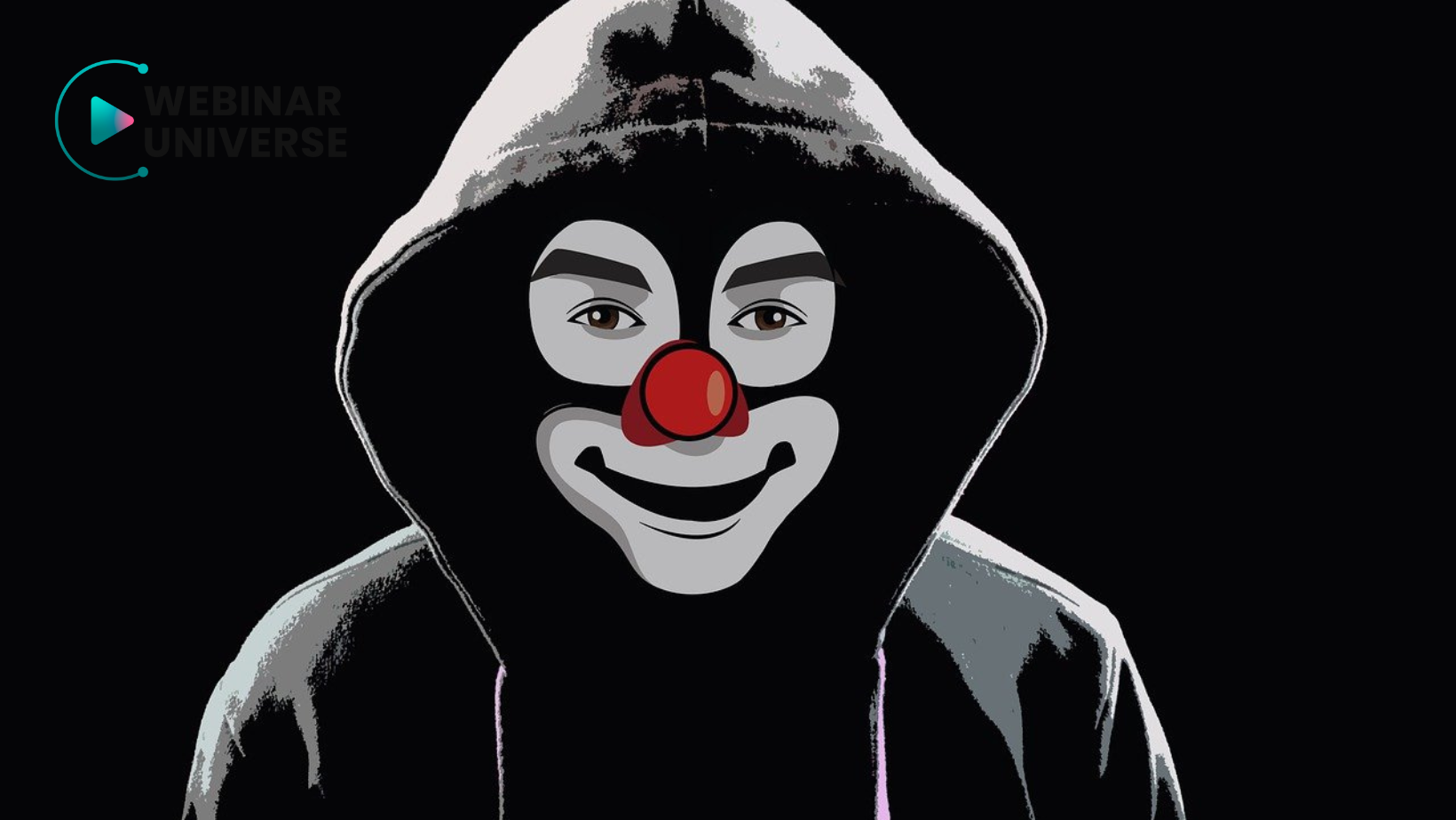Meaningless hate?
Hate is a phenomenon that has spread with greater access to the Internet. Users feel unpunished, anonymous and therefore feel free to write unfavourable comments.
Hate is characterised by verbally attacking someone for no particular reason. Haters refer to characteristics that are beyond the control of the person being attacked. Attacks relate to appearance or sexual orientation.
Where does hate come from? What is the origin of attacking others for no apparent reason? Many unpleasant comments stem from the negative emotions of the hater. The cause is jealousy. This is why hate often affects well-known people, celebrities and actors. The hater gives vent to his jealousy in this way.
Another reason is the unpleasant experiences that the hater encounters in his life. By attacking others, he wants to prove something to them and to himself. He is driven by the fact that he feels anonymous, safe. He has no direct contact with the other person. He does not look her in the eye. He can hide behind a nickname and an avatar. So he does not feel responsible for his actions.
The victims of hate are specific individuals, but not only. Often, haters also offend entire groups, for example national minorities, religious minorities, sexual minorities, people with different skin colour. Haters offend people by attacking them for a reason beyond their control. Haters prove to themselves that they are superior, which is due to their low self-esteem or views that lack room for tolerance and empathy. The hater often feels better by insulting someone and making them feel bad.
Want to learn more? Consider online training courses. You can take part in them, easily combining learning with your current responsibilities. You can find interesting training courses at Webinar Universe.

Victims of attacks
Who is most often the victim of a hater? In fact, it can be anyone who uses the web. First and foremost, people who contribute to social media and publish content, photos or texts from them. They are exposed to unkind comments about their work, but most often about themselves.
However, you do not even have to publish online to be exposed to hate. As mentioned earlier, social groups are also under attack. Ordinary web users are the target of the hater. It doesn't take any effort to expose yourself to unkind, rude comments.
Of course, a lot of the hate is directed at well-known people. This can be seen in the comments found under articles about celebrities. Many such statements also appear on social media. Some of them pretend to be good advice, look as if the author is worried about the recipient, and then maliciously point out, for example, how overweight they are.
More often than not, the victims of hater attacks do not write or post anything at all that might provoke an attack. They are targeted by haters for a reason. Sometimes it is because they have achieved more and the hater wants to make a name for himself by insulting others.
Want to know more? Explore Webinar Universe. The platform contains many courses that you can study online. It's a convenient way to learn. An online training platform is a convenient way to learn at your convenience.
Consequences of attacks
Hate on the internet has many effects and negative consequences. Victims of haters are exposed to psychological problems. These include decreased self-esteem, depression, excessive stress, sadness, discouragement or honesty. In extreme cases, hate can even lead to suicide. Teenagers are particularly vulnerable to haters. They do not yet have developed defence mechanisms. Negative, offensive comments can lead to tragedy.
In addition to these tragic consequences, attacks on ordinary web users make the internet an unfriendly place. Many people find it difficult to express their opinions for fear of the potential hate that will be heaped on them for their statements. This is particularly evident when it comes to topics that arouse certain consequences.

Hater ... how to fight him
How to combat hate? The most important thing is to defend against it and its consequences. However, this is not easy. A good method may be to ignore malicious comments. Not getting into discussions with people who post unkind posts. However, this will not always put an end to the hate.
It is a good idea to use the option to report comments and block people who add them. In this way, the volume of malicious posts may decrease somewhat.
Of course, it is not worth giving up on asserting your rights. Despite appearances, haters are not anonymous and unpunished. Hate, hate speech are crimes. It is a good idea to collect evidence to assert your rights. Anyone experiencing hate speech can take screenshots and photos to prove the hater's actions. It is a good idea to save sites and url's, as evidence can disappear over time. Haters delete their comments for fear of liability.
If the phenomenon escalates and psychological problems arise, it is worth seeking professional help. The support of psychologists and specialists will help overcome the negative effects of hate. It will also help to find ways to combat it. Hate is not a new phenomenon. However, it has become more widespread with the increasing access to the Internet. It is easy to insert comments underneath online posts and articles. The feeling of anonymity makes it easy to write something offensive, knowing that there will be no consequences for such behaviour. However, this phenomenon poses a danger to people. Everyone is at risk, but especially teenagers, who have not yet developed protective mechanisms. Increased hate can lead to psychological problems, sometimes serious ones.
